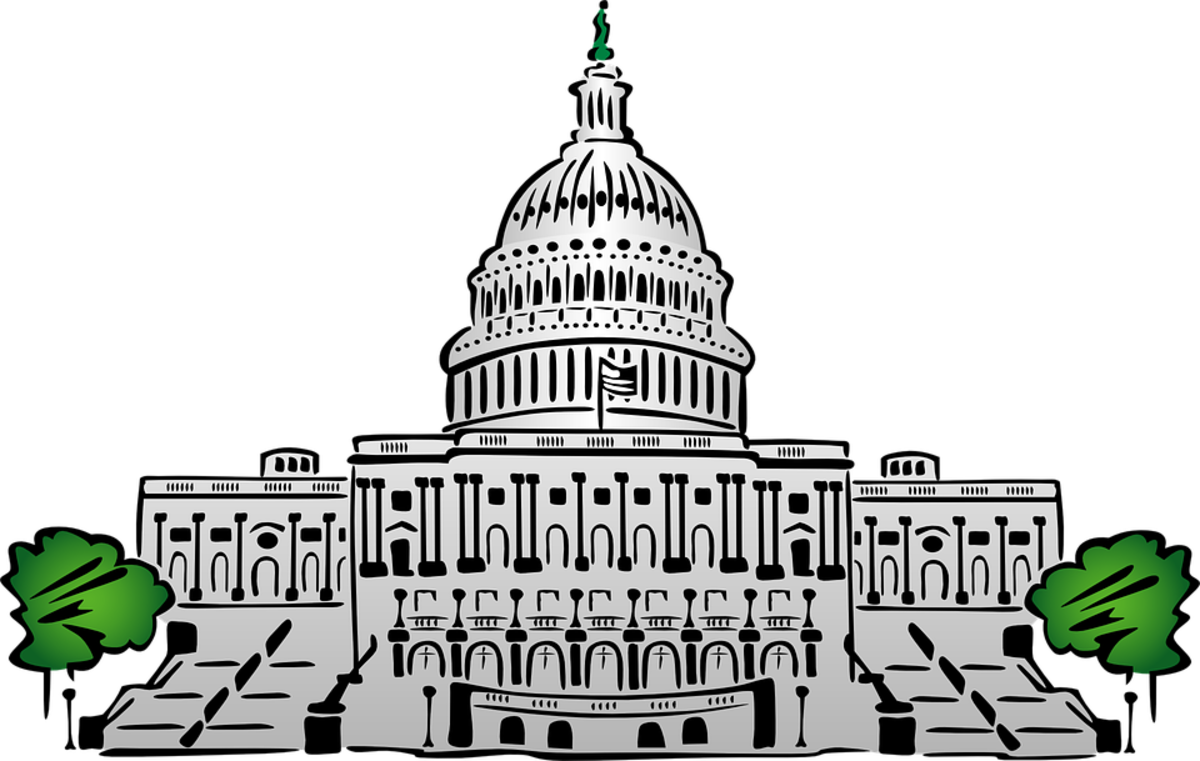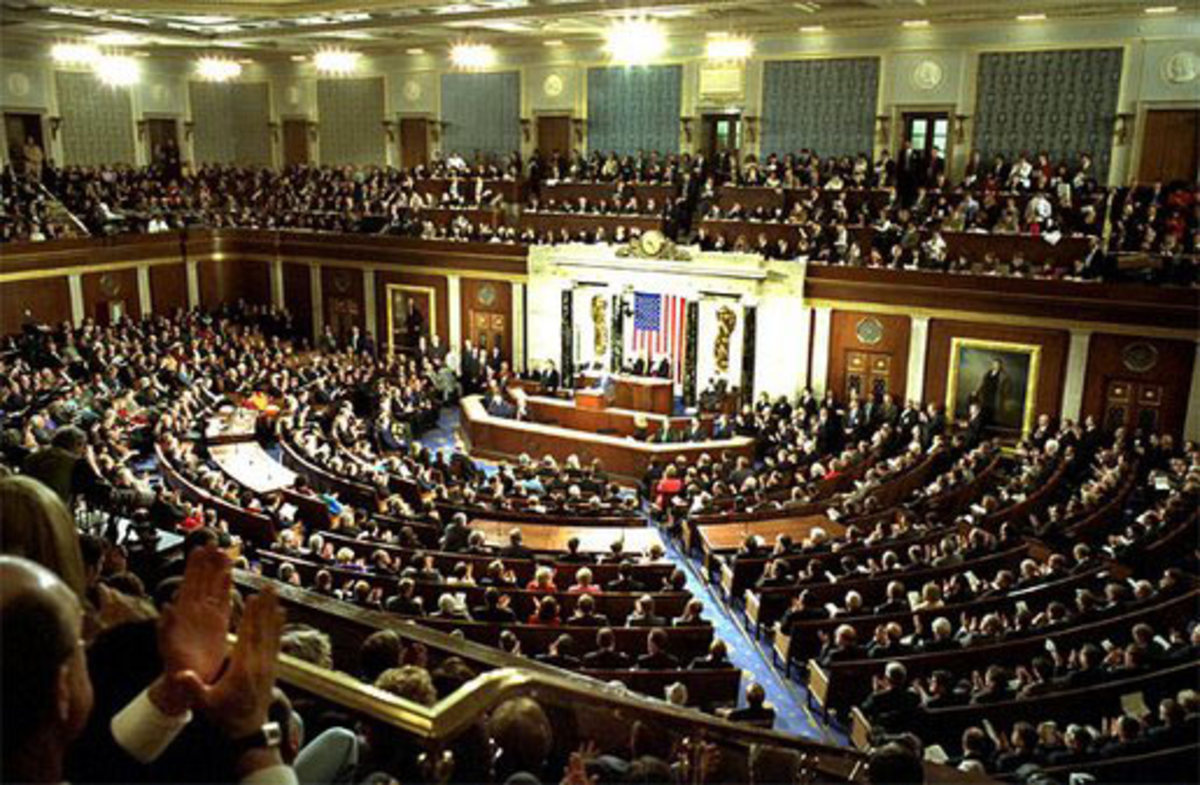Revamping the size of the federal government
There is much talk about the need for the federal government to be restructured bringing it from a dictatorial government to one of support as intended by our founding fathers. The size of the federal government is not the only problem it is the manner in which decisions are being made and who is making them. Many decisions are being made by the Executive Departments and their agencies involving legislative mandates and fines without the blessing of Congress.
The legislative branch Congress is tasked to write the laws to be enforced by the appropriate an executive department entity but what has happened is there is no interaction between Congress and the Executive Department and agencies when rules and regulations are being imposed on the citizens of the United States. The amount of regulations over the past several years has grown to such a volume it has changed the manner in which businesses and individuals alike must operate for fear of violating a rule or regulation.
A revamp of the federal government operations is needed to bring back the control of government costs to the legislative branch. In article 1 Section 1 of the Constitution it states:
“All legislative Powers herein granted shall be vested in a Congress of the United States, which shall consist of a Senate and House of Representatives.” In section 7 clause 1 it states: “All Bills for raising Revenue shall originate in the House of Representatives; but the Senate may propose or concur with Amendments as on other Bills.”
It is clear that actions by executive departments and their agencies have instituted requirements which amount to legislative acts involving money coming into the treasury. It is the responsibility and authority of Congress to address revenue and legislative requirements not the Executive Department and agencies. The need to revamp the Executive Department and their agencies is clear based on the portions of the two articles of the Constitution presented above.
Legislative issues are not limited to the Executive Department as our judicial system in many cases, not all are legislating from the bench. Congress has total control under the Constitution to initiate legislative actions especially involving money not the other two branches of the government. One of the problems with legislation being written by Congress is the culture of making deals to get legislative proposals passed with bi-partisan support. This culture exists and has existed for years but it has come to a point the public has had enough and are saying it with their votes this election year.
The responsibility of the judicial branch is to determine in lawsuits brought before it which party has legal standing. It is not the job of our judicial system to interpret the law but make decisions based on the language written not what they think was the intent. The language of many if not all legislative proposals which become law have vague language contained within them allowing room for interpretation. The revamp of the legislative process requires that any proposal have clear language which is not open to interpretation. This will create two things. One the public will clearly know the requirements of the laws affecting them and our judicial system will have clear language in making decisions in lawsuits before it.
Another aspect of revamping the government requires that each Executive Department and their agencies be analyzed to determine whether their existence has a constitution basis. I have looked at the number of agencies within the Executive Department and they number in the hundreds. It is difficult to understand how all these agencies have a justified existence. Granted the same is true of the Executive Departments. The federal government has specific responsibilities and authority identified in the Constitution and it is true some departments have taken over the responsibilities from the state. One such department is the Department of Education. Evaluating the existence of each department and agency in the Executive Branch is needed to cut the size of government down from its present level. While there are some Executive Departments and agencies which may not have a constitution basis for their existence the responsibility in which they have been entrusted is truly a federal government responsibility. One such department is the Department of Homeland Security.
A total revamp of the federal government is in order in reinstituting the philosophy of separation of powers as our founding fathers intended when our country began. No one branch of government has the right or authority to take over the responsibilities of another. The current environment now in place has created such an environment with little or no effort to stand up against this kind of overreach. Basically the legislative branch has the responsibility to process legislative proposals including funding for various government entities. No other branch of government has this responsibility and authority and when such actions are being taken it is the responsibility to react to such action by taking whatever action is at their disposal to correct the situations. Sadly this has not taken place in recent years and this is part of the revamping which needs to take place.








